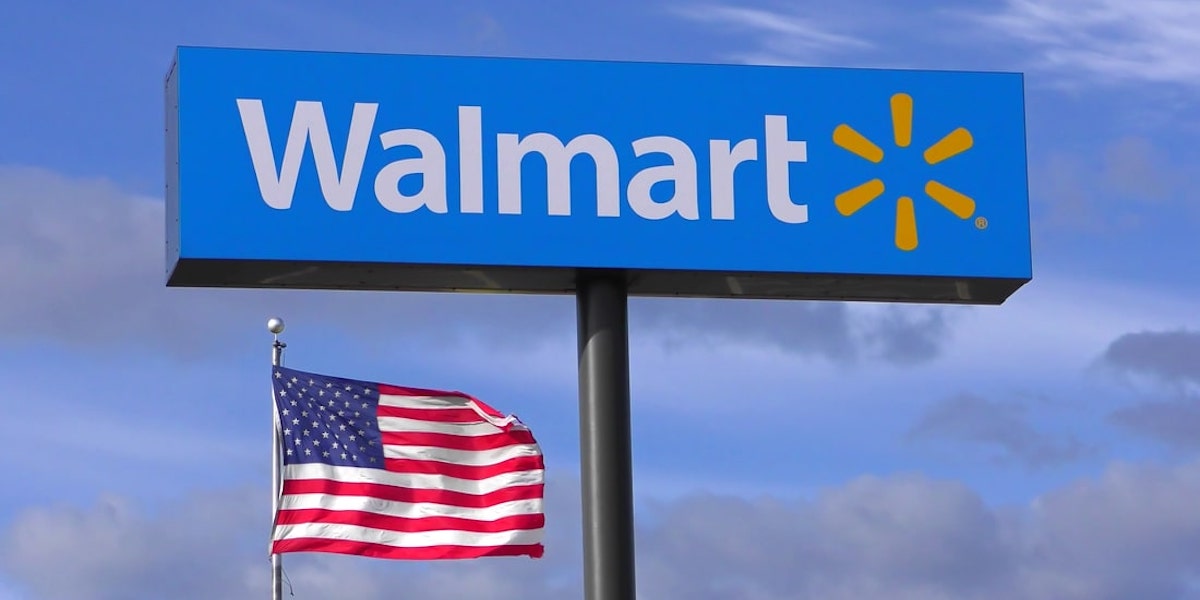On October 2, 2019, major US retailer and pharmacy Walmart issued a statement regarding their sales of Zantac and other ranitidine-containing medications due to concerns by the Food and Drug Administration. According to the statement, “The company is taking this action after closely monitoring the recent Product Alert from the U.S. Food and Drug Administration (FDA) that ranitidine products may contain a low level of nitrosodimethylamine (NDMA). Customers who purchased these products may return them to Walmart or Sam’s Club for a refund.”
If you have taken Zantac or a generic version of the medication that you were prescribed through a Walmart pharmacy, then you are eligible for a refund from either Walmart or a Sam’s Club (a Walmart subsidiary retailer). You will need to provide proof of your purchase, either with the prescription or by finding a receipt or having an associate go through the transaction history from a point-of-sales computer, but regardless the company will need to confirm that you had, in fact, purchased this medication from the company.

Most major retailers and pharmacies are being very helpful with customers who desire to return unused medication for a refund, even though the FDA has not yet taken a stance that use must be discontinued in order to avoid negative effects. The issue is with a contaminant that has been found in certain medications, known as N-Nitroso-dimethylamine, that is a possible human carcinogen in high dosages.
Read more below about Walmart’s recall of ranitidine tablets, and learn about how Balkin Law Group can help you with your case if you believe that you have suffered injuries as a result of taking this medication. Contact us now for a free initial consultation.
What Is Ranitidine, and Why Is It Recalled?
In early 2019, an online pharmacy and medication-testing group called Valisor contacted the FDA with a statement saying that they had identified amounts of NDMA in a variety of different medications including Ranitidine, including the brand name acid reducer Zantac. NDMA has been reported to cause cancer in some lab tests but has additionally been repeatedly found to NOT pose a significant risk to humans at the levels present in these medications. Regardless, a variety of pharmaceutical manufacturers and suppliers have gone forward with voluntary recalls in order to avoid harm to their consumers.
Ranitidine is the generic name for the popular anti-acid medication Zantac, which helps to reduce stomach acid for patients who suffer things like peptic ulcer disease, gastroesophageal reflux disease, and Zollinger–Ellison syndrome.
Does Ranitidine Cause Cancer?
Ranitidine in itself is fine for use and has not been found to cause cancer. However, the statement released (and continuously updated) by the FDA is in regards to trace amounts of NDMA that was found in the medication, which has been found to cause certain cancers such as stomach and bladder cancer with high levels of exposure.
The FDA and a variety of respected medical journals have stated that although certain Zantac and ranitidine compounds are found to break down into NDMA after they are metabolized, that there is a very low risk of cancer to those who have taken these medications. In addition, in an article published by Scientific American, there is skepticism about the findings themselves, since Valisure heated their samples to an excess of 250º Fahrenheit during the test. Heating ranitidine is known to create NDMA, and these temperature conditions are not analogous to the process of dissolving and breaking down in the human body, meaning that the testing methods may have skewed the findings significantly.
However, Valisure has responded to criticism about their research methods by stating that they additionally found levels of NDMA present at 98.6º Fahrenheit, which is much more representative of the human body as the medication is processed.
Contact Balkin Law Group Today
We understand that this process can be confusing, and it can be quite alarming to discover that you may have been exposed to a carcinogen that is known to cause cancer in certain situations. That said, the FDA has not yet enacted a mandatory recall because the evidence is spotty at best.
If you are confused or overwhelmed in this situation and would like to learn about if you need an attorney, as well as to learn about how they can help you move forward, take advantage of our free initial consultation as soon as possible.